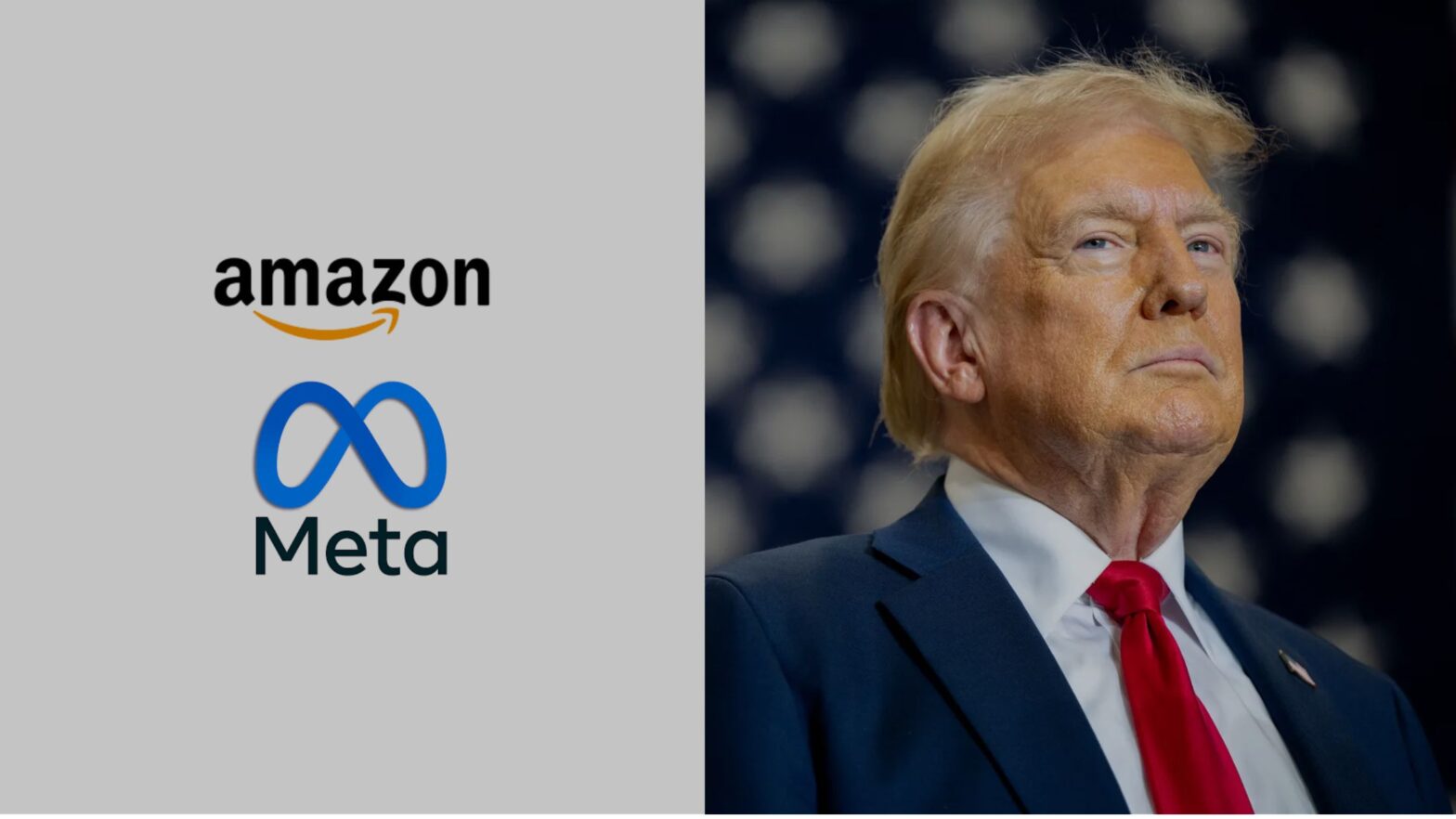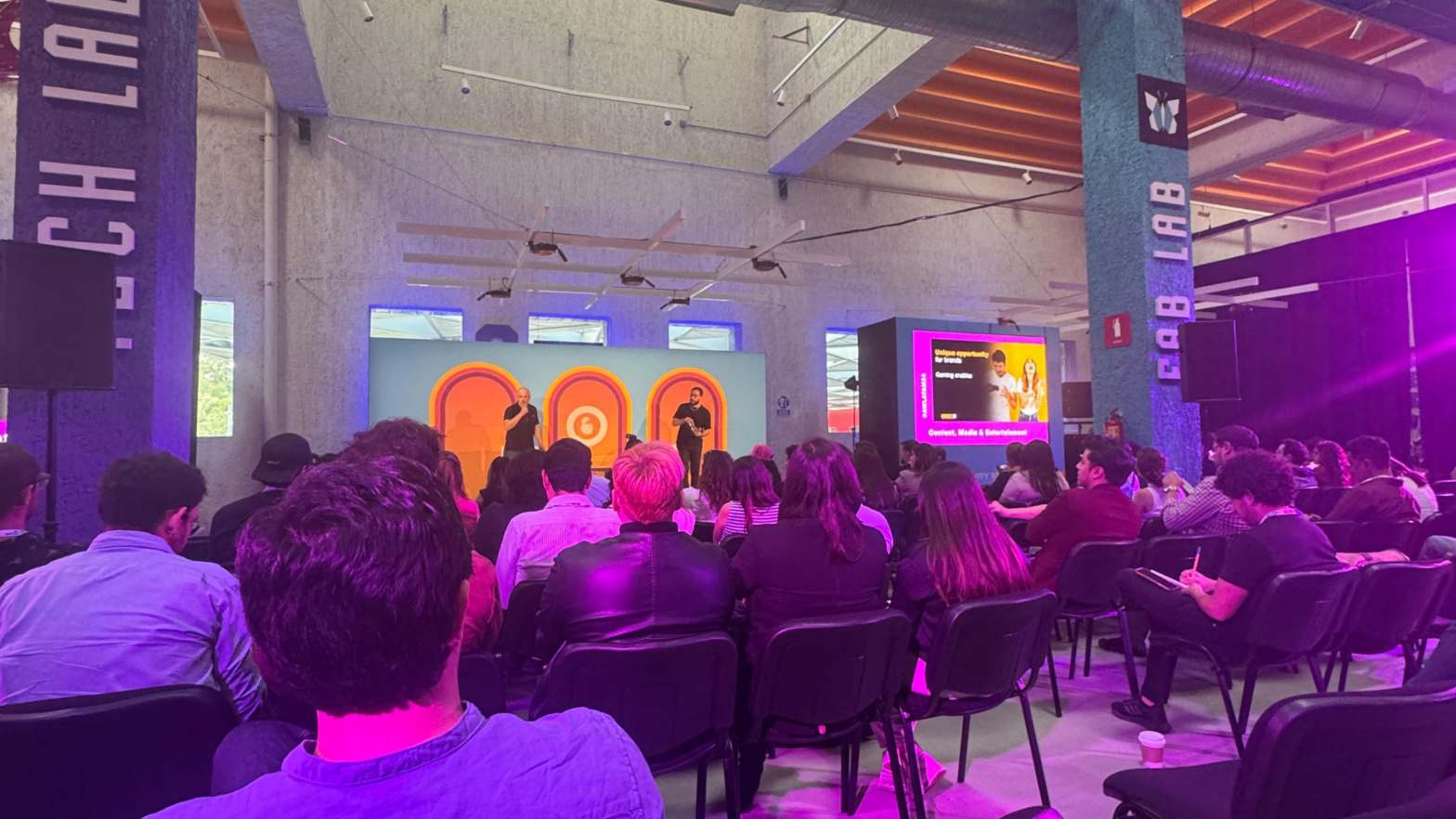Healthcare and laboratory marketing, effective strategies in highly regulated environments
October 1, 2024

Imagine you’re in a laboratory, surrounded by test tubes, white coats, and a multitude of strict procedures. Now, try to envision how to convey your brand’s message to patients and healthcare professionals without losing sight of the regulations that envelop everything. Welcome to the world of healthcare and laboratory marketing, a field where creativity and precision must go hand in hand to achieve effective and ethical results.
Precision is key
When we talk about marketing in the healthcare sector, precision is not just an added value; it is an indispensable requirement. In an environment where mistakes can have serious consequences, strategies must be meticulously planned and executed. We are not selling gadgets or clothing; we are discussing products and services that can directly impact people’s lives.
A clear example of the importance of precision arises in the promotion of medications. Every message must be approved, reviewed, and endorsed by regulatory bodies, and any claim must be supported by scientific evidence. In this context, transparency and truthfulness are non-negotiable.
For this reason, always have a legal team on hand to ensure that every campaign complies with current regulations. This not only protects your brand but also safeguards the patients and professionals you are addressing.
Purposeful storytelling
Now, complying with regulations does not mean that healthcare marketing has to be boring or cold. On the contrary, it presents a perfect opportunity to tell stories that genuinely connect with your audience. Storytelling in the healthcare sector should focus on demonstrating the positive impact that a product or service can have on a person’s life.
For example, instead of merely listing the benefits of a new medical device, you could share the story of a patient who has improved their quality of life thanks to that innovation. This approach not only humanizes your brand but also makes it more memorable and trustworthy.
Imagine a campaign for a laboratory that has developed a new treatment for a chronic illness. Instead of focusing solely on clinical data, the campaign could include testimonials from patients who have experienced significant improvements. This type of narrative not only informs but also inspires and motivates other patients to seek similar solutions. It is one of the best ways to connect marketing with health, showcasing the benefits for a specific group of people.
Technology as an ally
We live in the digital age, and healthcare marketing is no exception. Emerging technologies such as artificial intelligence (AI), big data, virtual and augmented reality (VR and AR), and digital platforms are transforming how patients and healthcare professionals are reached.
Artificial intelligence in healthcare marketing
- Personalization at Scale: AI allows for the analysis of large volumes of data to create highly personalized experiences for each patient. This includes everything from treatment recommendations to targeted marketing campaigns that address specific needs.
- Intelligent Chatbots: AI-powered chatbots can answer frequently asked questions from patients, provide technical support, and even conduct preliminary diagnoses under medical supervision. This improves efficiency and offers more immediate care.
- Sentiment Analysis: AI can analyze patient opinions and sentiments on social media to identify areas for improvement in products or services. This enables companies to be more proactive in their approach.
Virtual and augmented reality in healthcare marketing
- Immersive Brand Experiences: Brands can create immersive experiences using VR and AR to emotionally connect with consumers, offering virtual tours of facilities or interactive product demonstrations.

Healthcare marketing on social media
Additionally, social media and content platforms have become vital channels for health education. However, it is crucial to consider regulations and ensure that content is both informative and accurate.
- Emerging Platforms: TikTok and other short-video platforms are gaining popularity among younger generations, offering new opportunities to reach wider audiences with important health messages.
- Health Influencers: Health influencers can be a powerful tool for reaching specific audiences and building trust in brands. However, it is essential that the information they share is accurate and backed by scientific evidence.
- Short-Form Content: Short videos, stories, and reels are ideal formats for capturing users’ attention on social media, allowing key messages to be communicated quickly and effectively.
For example, laboratories could use platforms like LinkedIn or Twitter to share articles and studies related to their products, always ensuring that the information is validated and backed by evidence. This way, they position themselves as thought leaders in their field, gaining the trust of both healthcare professionals and patients.
The power of emotion
Healthcare marketing also has a very strong emotional component. Patients are not just seeking information; they are looking for hope, relief, and solutions that improve their quality of life. Therefore, the most effective campaigns are often those that manage to connect emotionally with their audience.
Instead of focusing solely on technical or scientific aspects, it is essential to remember that there are people on the other side with fears, hopes, and desires. Healthcare marketing must be able to recognize and respond to these emotions, offering not only products but also support and empathy.
For this reason, it is important to ensure that your campaigns speak not only to the mind but also to the heart of your audience. This can make the difference between a campaign that goes unnoticed and one that truly impacts.
Challenges and opportunities
Marketing in healthcare and laboratories is undoubtedly a field full of challenges. Strict regulations, the need for precision, and the complexity of products can make this environment seem intimidating. But this is where the true opportunity lies for marketing professionals: to work in a field that demands the best in terms of ethics, precision, and creativity, where every action must be meticulously planned and executed.
Key challenges
- Data Privacy: The use of AI and other technologies involves handling large amounts of personal data, which poses significant challenges in terms of privacy and security. It is essential to comply with regulations such as GDPR and other data protection laws.
- Regulation: The regulation of healthcare marketing is becoming increasingly strict, requiring companies to stay updated on regulatory changes. This necessitates a continuous investment in training and legal consulting.
- Consumer Distrust: Distrust in the pharmaceutical industry and advertising, in general, can hinder the building of trust relationships with consumers. Transparency and authenticity are key to overcoming this obstacle.
Opportunities
- Personalized Health: The combination of technology and data allows for the provision of personalized health solutions for each individual. This improves treatment effectiveness and patient satisfaction.
- Patient Empowerment: New technologies enable patients to take a more active role in their healthcare. Mobile apps, wearable technology, and online platforms facilitate access to information and tracking of medical conditions.
- New Forms of Communication: Social media and other digital platforms offer new ways to communicate with patients and healthcare professionals. This allows for more direct interaction and real-time feedback.
Brands that manage to comply with regulations while creating authentic and emotional content can significantly stand out. In a market where trust is essential, being transparent and demonstrating a genuine commitment to patient well-being can transform a company into a sector leader.
Moreover, technological innovations offer new ways to effectively reach the audience. From telemedicine to health apps, the opportunities to integrate digital solutions into marketing strategies are immense. These technologies allow brands to personalize their messages and provide relevant and useful content to their specific audiences.
As the global healthcare market continues to expand, the need for effective and ethical marketing strategies becomes even more critical. Companies that can quickly adapt to regulatory changes and effectively utilize new technologies will be better positioned to lead in this highly competitive environment.
Conclusion
Healthcare and laboratory marketing is not for the faint of heart. It is a field that requires precision, creativity, and a deep respect for regulations and, above all, for people. But with the right strategies, you can not only meet expectations but exceed them, taking your brand to the next level while making a positive difference in many lives.




